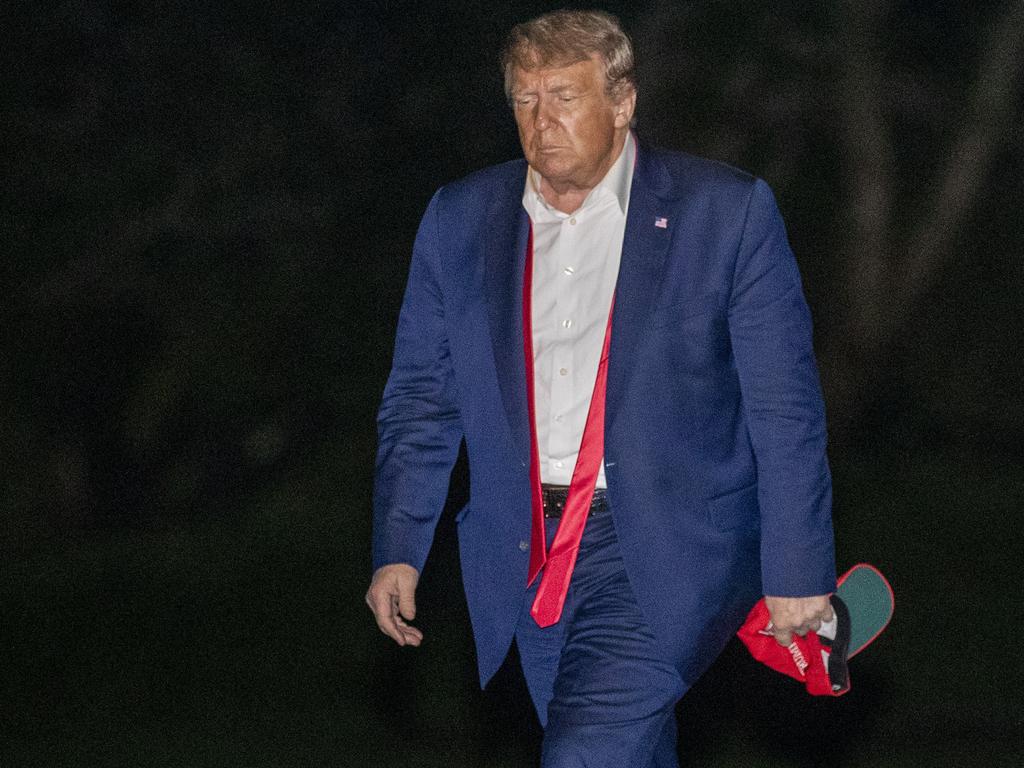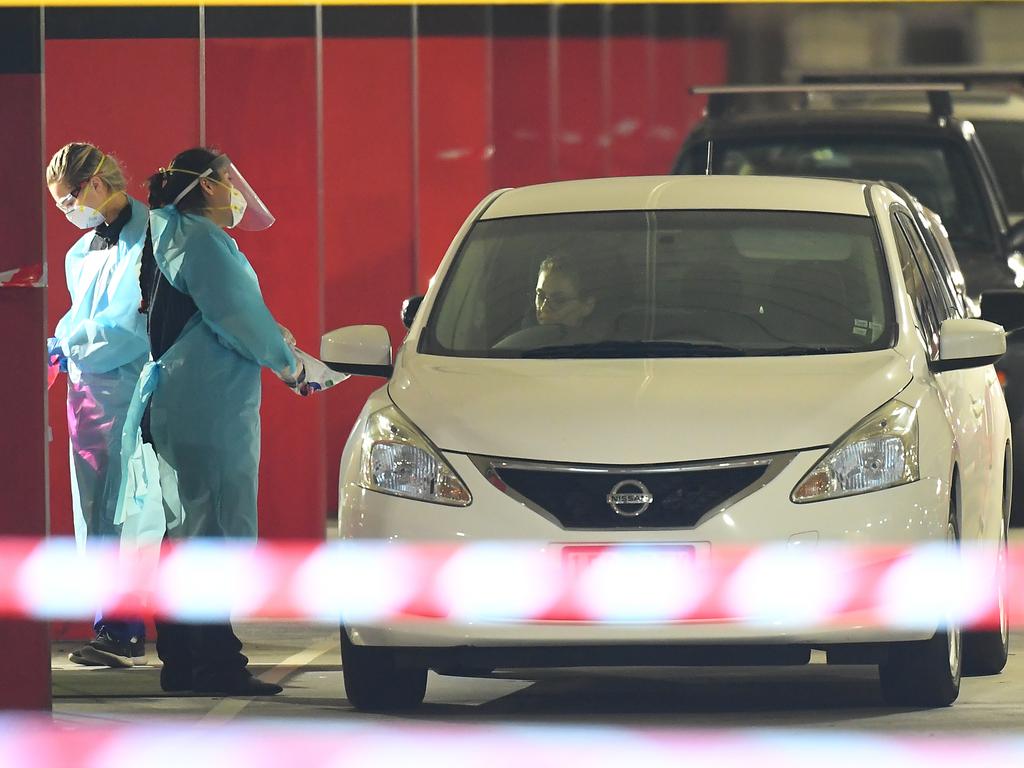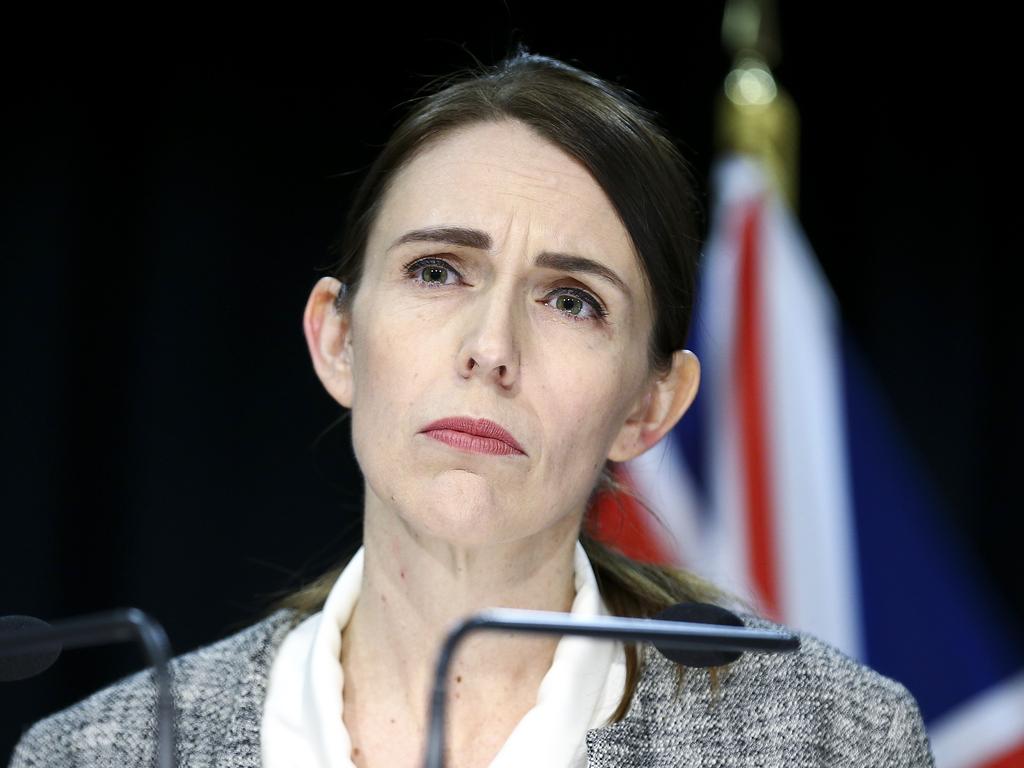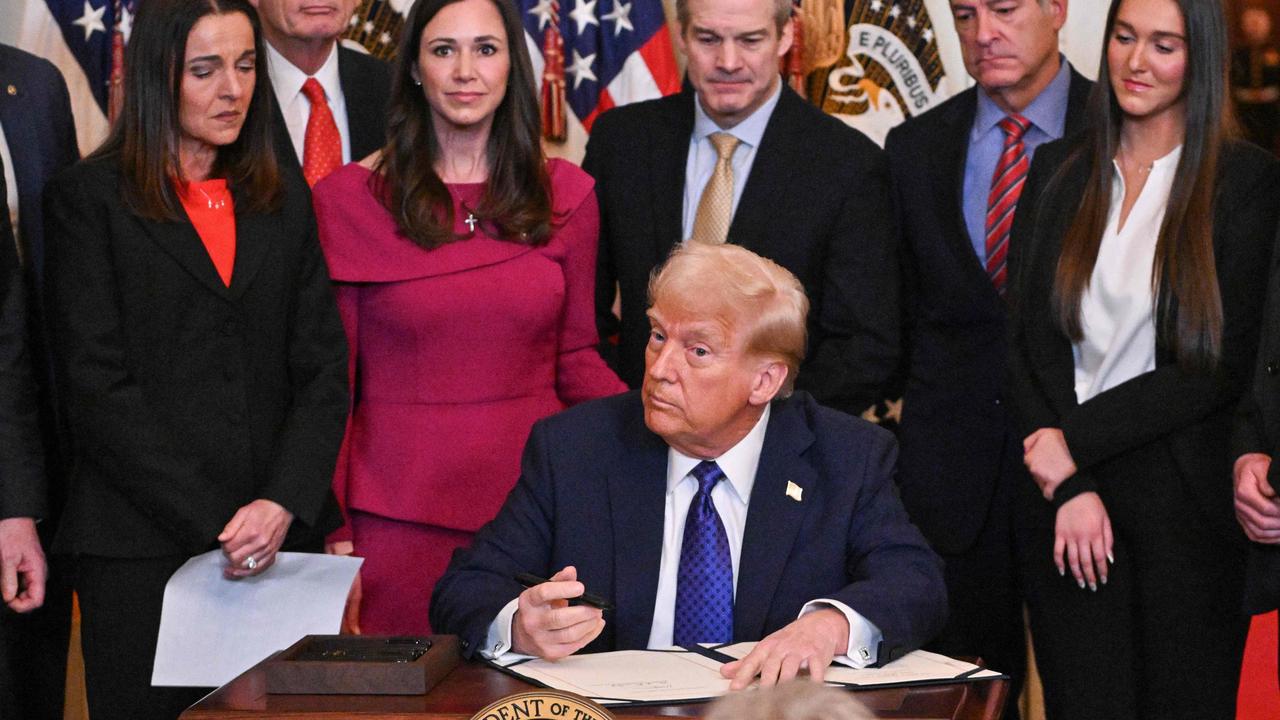Coronavirus: Nobody started off knowing what steps to take
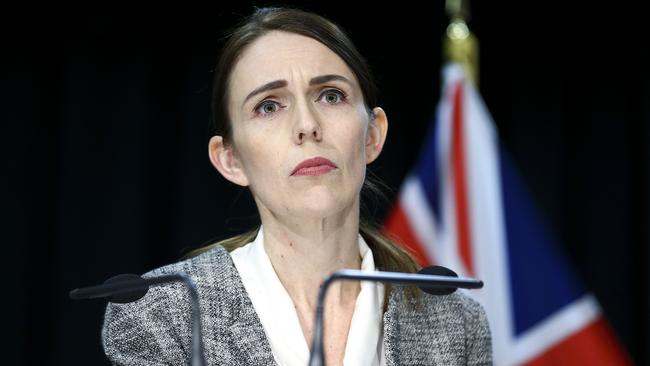
If it’s true that America recently recorded its two-millionth coronavirus infection, then the US of late 2018 is about to get its first case. That is, a country of 328 million people has yet to encounter the virus. Or if, as seems plausible, the true infection rate is understated by 90 per cent, then the US of 2010 is about to encounter the virus for the first time — a country of 310 million people.
OK, this framing may be dubious, but it’s clear the next 99 per cent of the country will have a very different COVID-19 experience than the first 1 per cent. Nosocomial infections, those caused by the healthcare system itself, especially of the elderly and medically vulnerable, are way down. Millions of Americans may turn out to have some kind of resistance we don’t understand. The latter idea has caught fire because of the puzzling failure of the virus to spread more than it has and because of many specific examples of people who escaped infection in environments where they might have been expected to contract COVID-19.
A realistic picture of our virus challenge has been elusive amid the media sloganeering and calculated political positioning of our officials. A sensible and authoritative warning recently disappeared from the CDC website: “In the coming months, most of the US population will be exposed to this virus.”
Good news is relative in such circumstances. Testing has grown rapidly, and new cases are rising much faster than hospitalisation. The average age of those testing positive has dropped. Hooray. If you can’t stop the spread, then remove the elderly and vulnerable from harm’s way. That seems to be happening. If a vaccine arrives, many of us will come through the epidemic without ever encountering the virus. If a vaccine doesn’t materialise, delaying infections will prolong lives and give doctors time to develop treatments. More testing is probably also the best way to make sure people who have the coronavirus and not a cold will be less likely to go to a wedding and spray air kisses in all directions.
Nobody started off knowing what the best combination of steps would be. New Zealand has been hailed for treating itself the way the world should have treated its elder-care facilities, by sealing itself off while the outside world seeks to quell the virus.
New Zealand can do this, though, because it’s a wealthy and isolated society. And unmentioned is a corollary: Its happy ending depends on a vaccine being developed. A vaccine can be developed, tested and proved only against active viruses in large populations.
It’s not a slur to say New Zealand therefore is free-riding on the world’s efforts. Its strategy is also highly risky, with its own high pain quotient.
The legality of Prime Minister Jacinda Ardern’s actions hasn’t been tested while she remains popular, but her popularity is not guaranteed to last. The death forecasts underlying her plan were likely overblown.
Her economy has long depended on tourists, foreign students and imported experts. The cost of keeping it closed for years will be vast. Herd immunity has become a catch phrase but never was exactly any country’s strategy, yet now New Zealand has adopted a strategy, in effect, of herd vulnerability. This will prove a colossal blunder if a vaccine doesn’t arrive and the rest of the world makes its peace with the virus.
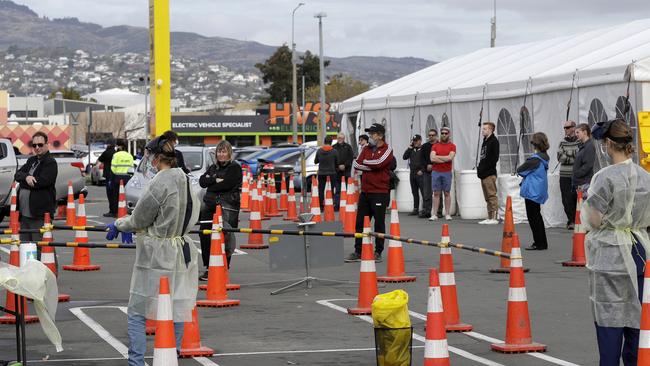
In truth, New Zealand’s strategy has been every bit as accidental as America’s. It had fewer intensive-care beds than its peer countries. It had little testing and contact tracing capability. Only because it attracts long-staying tourists rather than hopscotching business travellers (largely responsible for disseminating the virus globally), it didn’t find a case until late February. Otherwise New Zealand might have been another Italy.
Even so, the country was embarked on a traditional flatten-the-curve pandemic plan until voluble World Health Organisation officials returned from China with an unprecedented and shimmering tale of a flu-like disease being contained and eliminated.
The Ardern government promptly changed to an “elimination” strategy and yet now finds itself on the wrong side of the latest WHO advice, which has taken to stressing Sweden as a model for living with the virus rather than trying to defeat it.
Which brings us back to the US. We are discovering more every day about the efficacy of masks, of hand washing, of some kinds of social distancing vs other kinds. We are in the early innings of the world’s encounter with the new coronavirus, though the hummingbirds of cable news have moved on to the subject of race relations.
At their leisure, Americans will make sense of the lockdowns that swallowed up three months of their lives. If the next 99 per cent of infections can be endured without impoverishing millions of us, it will raise interesting questions about why the first 1 per cent couldn’t have been managed without doing so too.
The Wall Street Journal


